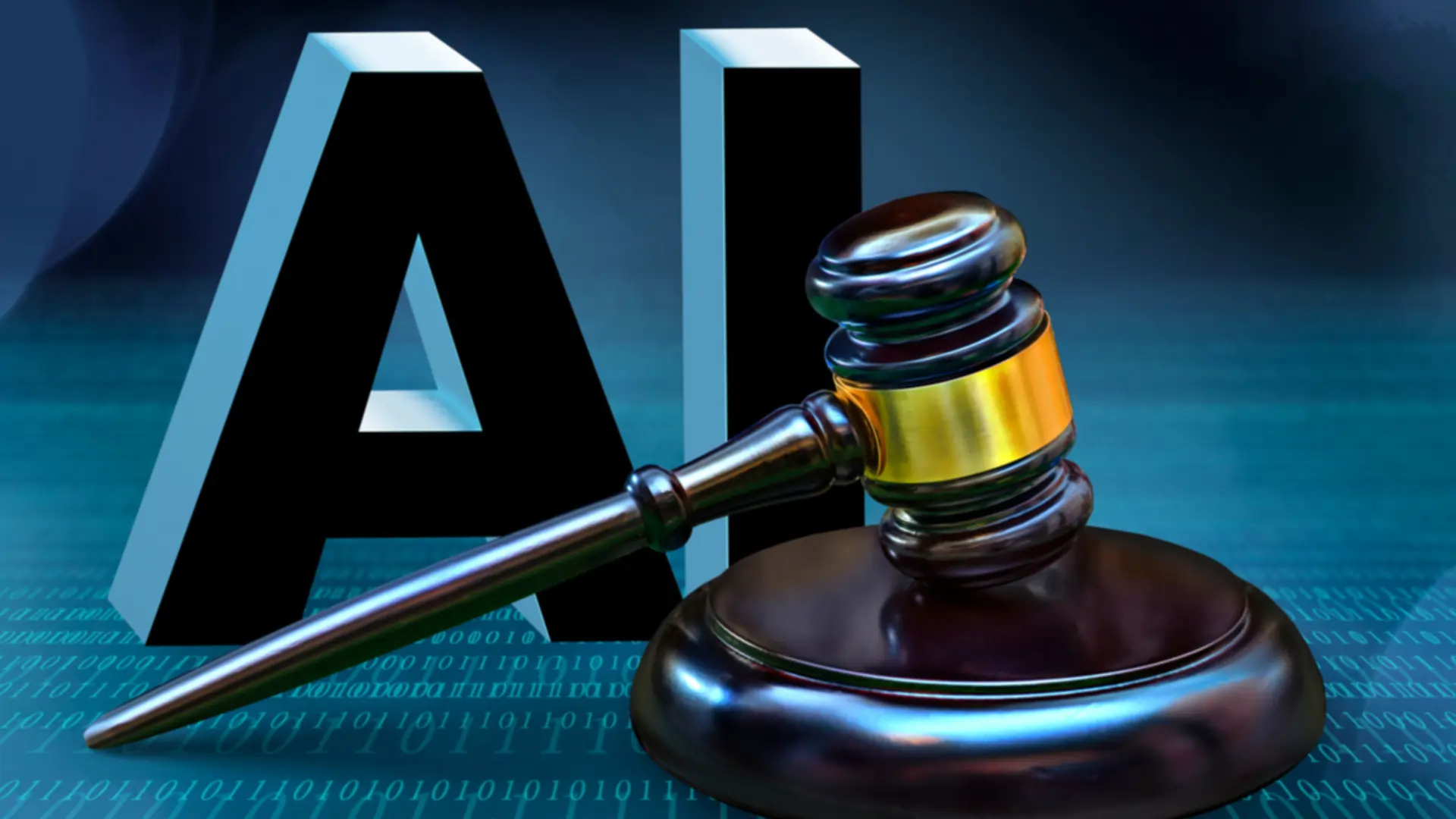
Regulating AI Development
The rapid ascent of artificial intelligence (AI) has propelled it from the realm of science fiction into the core of our daily lives, transforming industries and reshaping societal norms. As AI’s capabilities expand, so too do the concerns about its potential impact. Governments worldwide are now grappling with the complex task of regulating AI development, striving to strike a balance between fostering innovation and mitigating potential risks. This blog delves into the various approaches governments are taking to navigate this ethical frontier, ensuring AI serves humanity’s best interests.
The urgency for AI regulation stems from its pervasive influence across sectors like healthcare, finance, and transportation. Without clear guidelines, the promise of AI could be overshadowed by unintended consequences, including biases, privacy violations, and job displacement. Governments are therefore stepping in to establish legal and ethical frameworks that promote responsible AI development, focusing on transparency, fairness, and accountability.
Establishing Ethical Guidelines and Principles
One of the primary avenues for regulating AI involves establishing ethical guidelines and principles. These frameworks aim to ensure that AI systems are developed and deployed in a manner that aligns with societal values and respects fundamental rights.
Risk-Based Approaches
- Many jurisdictions are adopting risk-based approaches, categorizing AI systems based on their potential to cause harm.
- High-risk AI systems, such as those used in critical infrastructure or law enforcement, are subject to stringent requirements, including human oversight and rigorous testing.
National AI Strategies
- Governments are incorporating ethical considerations into their national AI strategies, emphasizing the importance of transparency, fairness, and accountability.
- These strategies aim to build public trust in AI and ensure that its development aligns with societal goals.
Addressing Data Privacy and Security
Data privacy and security are paramount in AI regulation. AI systems rely heavily on data, and the collection, storage, and use of personal data raise significant concerns.
Data Protection Regulations
- Governments are enacting data protection regulations, such as the GDPR, to protect individuals’ data rights and ensure responsible data management.
- These regulations require organizations to obtain consent for data collection and provide individuals with rights to access, rectify, and erase their data.
Cybersecurity Measures
- Governments are also focusing on cybersecurity measures to protect AI systems from malicious attacks and data breaches.
- This includes implementing standards for data encryption, access control, and vulnerability assessment.
Regulating High-Risk AI Applications
Certain AI applications, such as autonomous vehicles and facial recognition, pose unique risks and require specific regulatory attention.
Autonomous Vehicles
- Regulations for autonomous vehicles are focusing on safety standards, liability issues, and data recording requirements.
- Governments are working to establish clear rules of the road for self-driving cars.
Facial Recognition
- Facial recognition technology is facing increasing scrutiny due to concerns about privacy and potential biases.
- Some jurisdictions have banned or restricted its use, while others are implementing guidelines for its responsible deployment.
Fostering International Cooperation
AI development is a global endeavor, and governments are recognizing the need for international cooperation to address shared challenges.
International Standards
- International organizations are working to develop global standards for AI governance and ethics.
- This includes initiatives to promote collaboration on AI research and development.
Bilateral and Multilateral Agreements:
- Governments are establishing bilateral and multilateral agreements to coordinate their AI policies and regulations.
- This helps to ensure global consistency.
Promoting Research and Development
Governments are also investing in research and development to advance AI safety and ethics.
AI Safety Research
- Funding is being allocated to research on AI safety, including explainability, bias detection, and ethical AI design.
- This helps ensure AI is used safely and responsibly.
Public Education
- Governments are supporting initiatives to educate the public about AI and its potential impacts.
- This includes programs to promote digital literacy and raise awareness of ethical considerations.
The regulation of AI development is an ongoing and evolving process. As AI continues to advance, governments must remain vigilant and adaptable, ensuring that this powerful technology serves humanity’s best interests.





